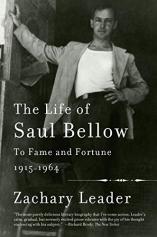May 2015
History Books Roundup: Reliving the Past
May 2015

May's roundup of History titles includes THE WRIGHT BROTHERS by David McCullough, which tells the dramatic story-behind-the-story about the courageous brothers who taught the world how to fly: Wilbur and Orville Wright; WATERLOO, Bernard Cornwell's first work of nonfiction that is being published to commemorate the 200th anniversary of Napoleon’s last stand; THE HIDDEN HISTORY OF AMERICA AT WAR, the latest book from Kenneth C. Davis, who brings to life six emblematic battles, revealing untold tales that span our nation's history --- from the Revolutionary War to Iraq; and Helen Castor's JOAN OF ARC, which tells afresh the gripping story of the peasant girl from Domremy who hears voices from God, leads the French army to victory, is burned at the stake for heresy, and eventually becomes a saint.



































